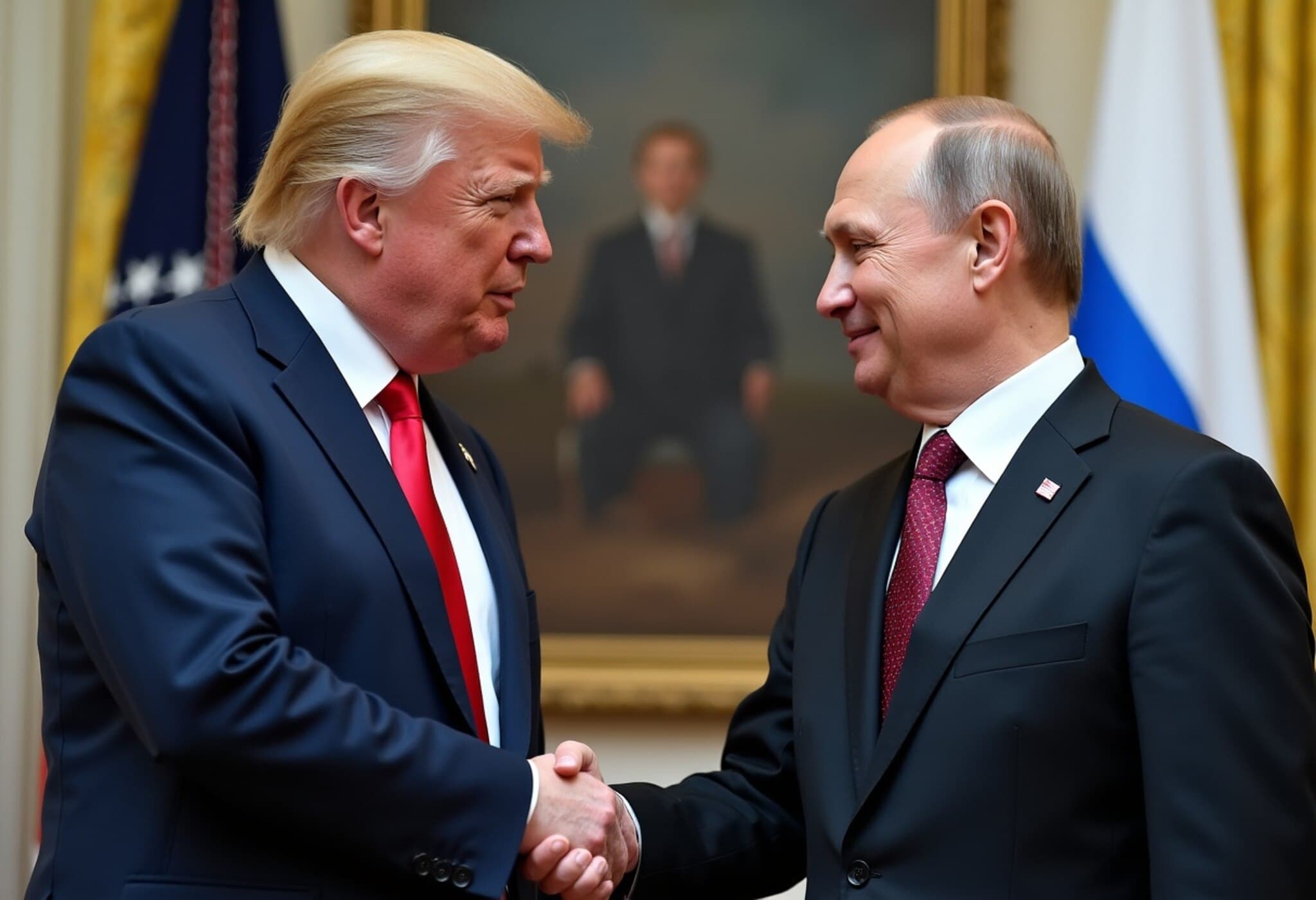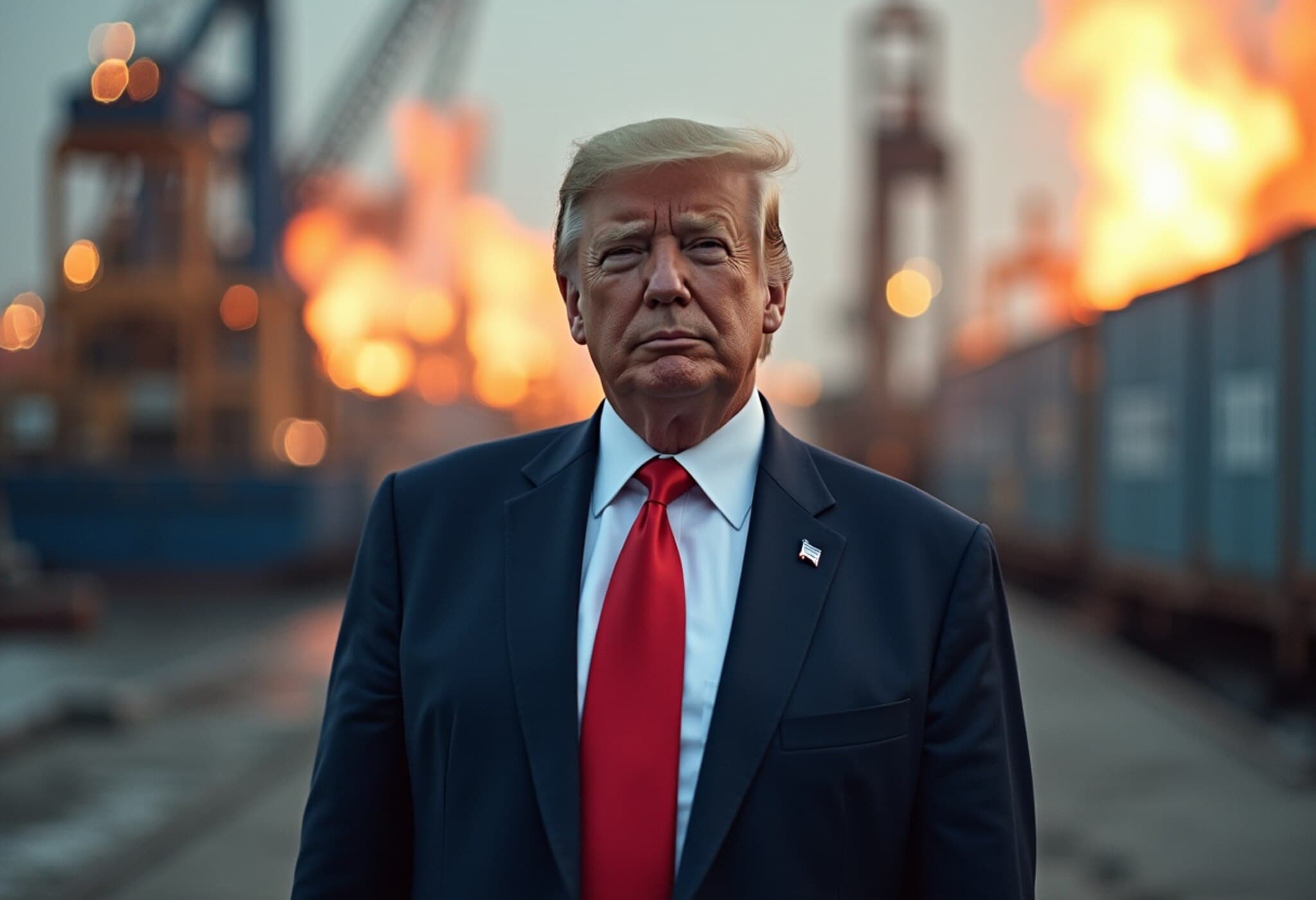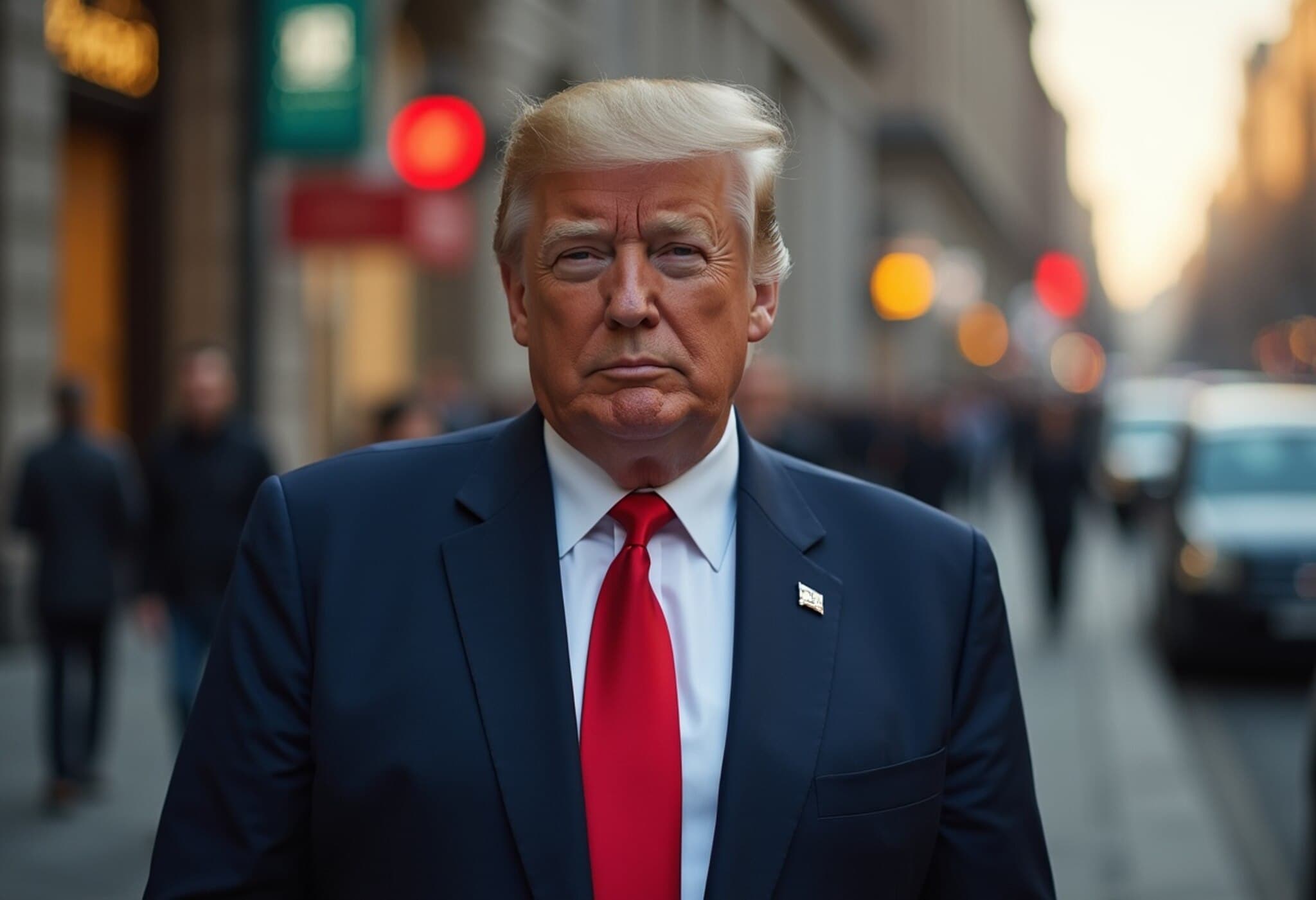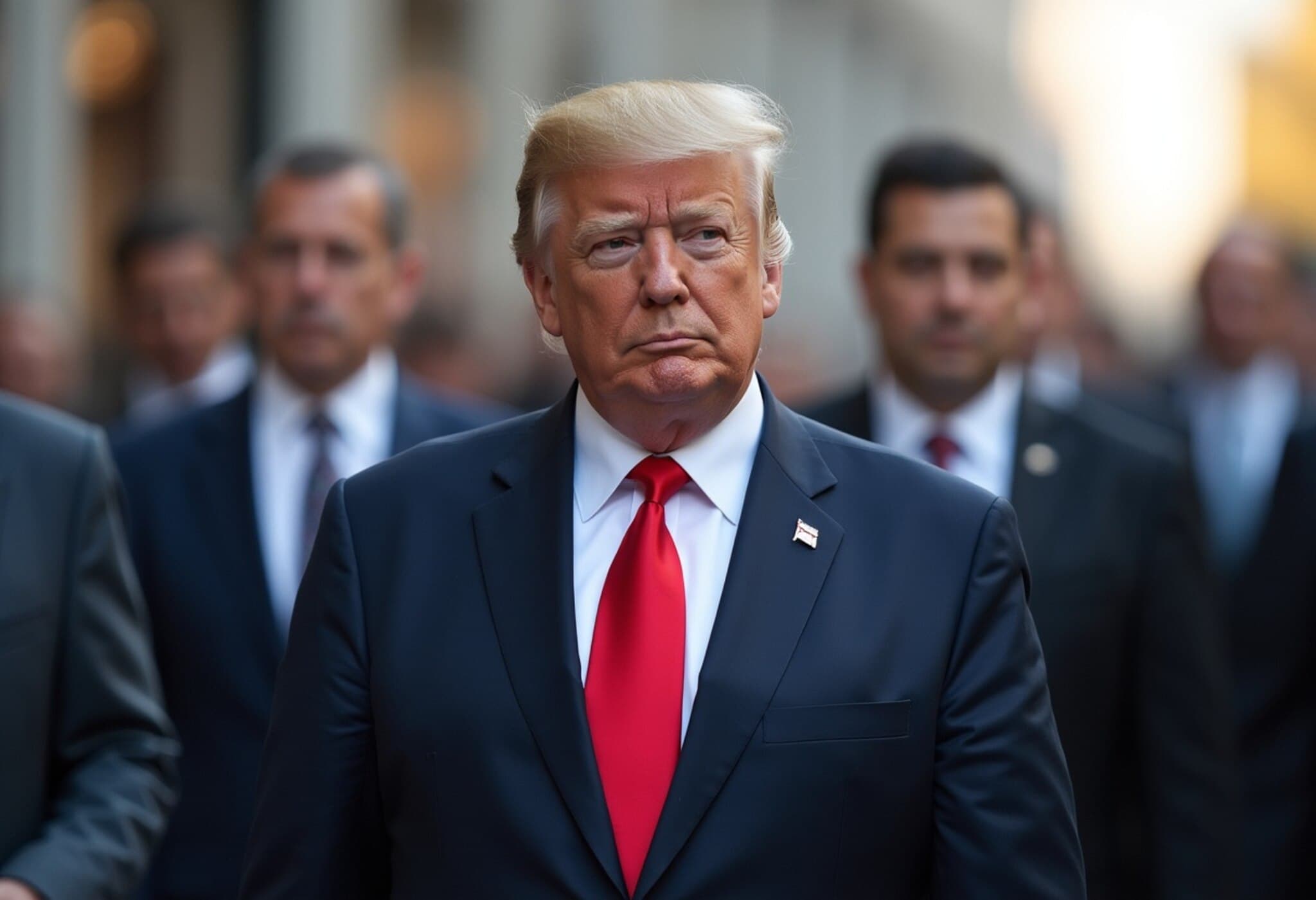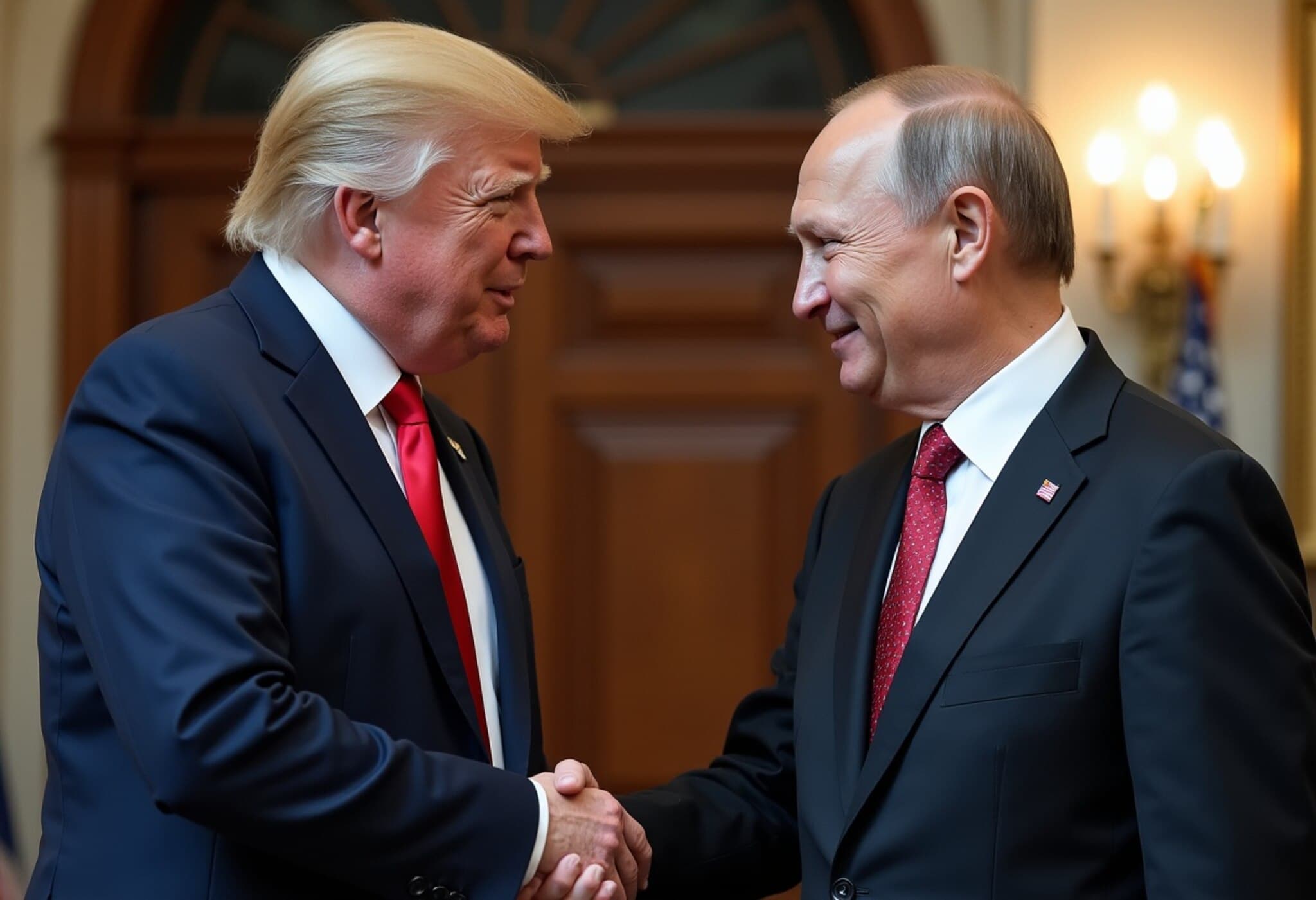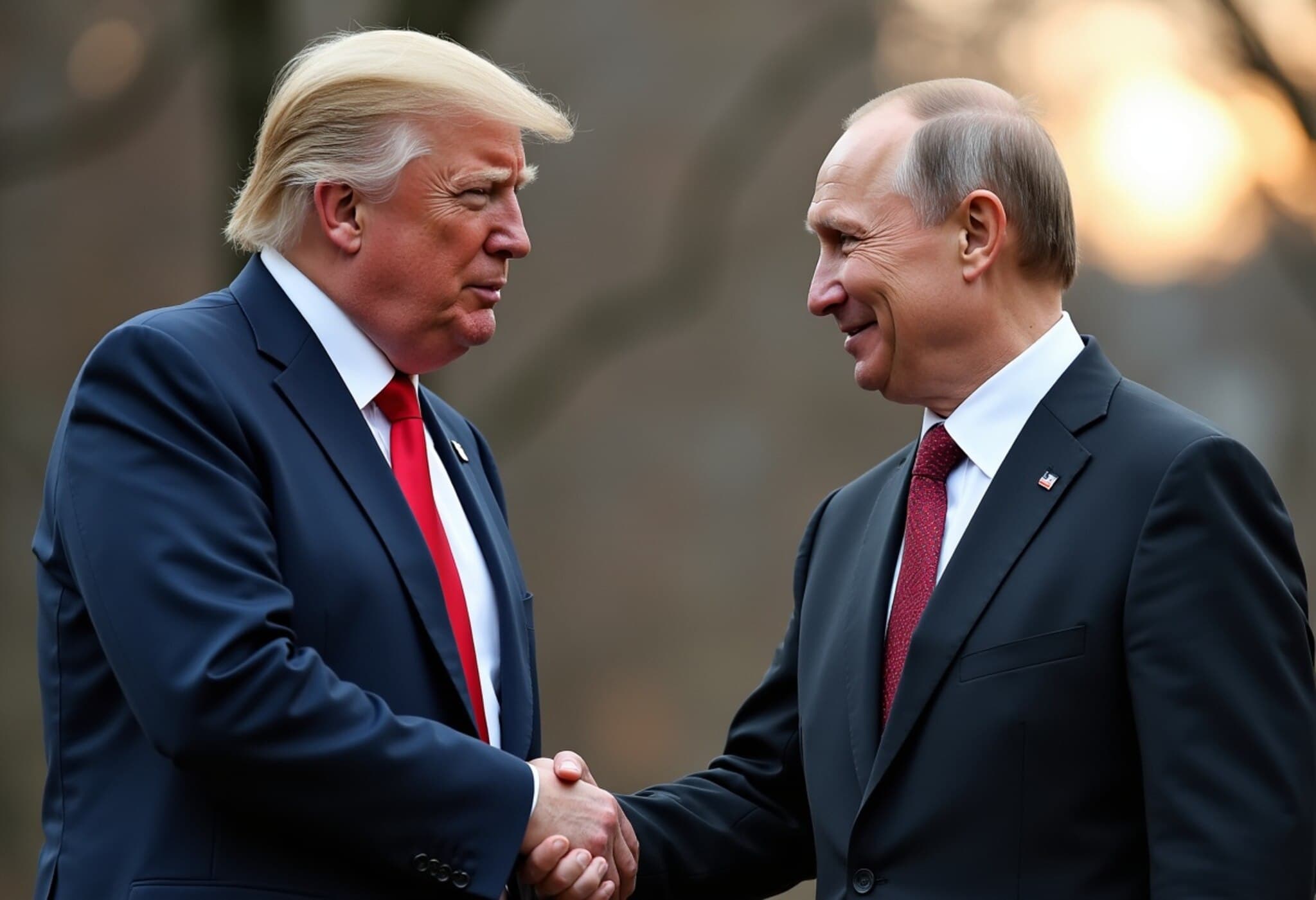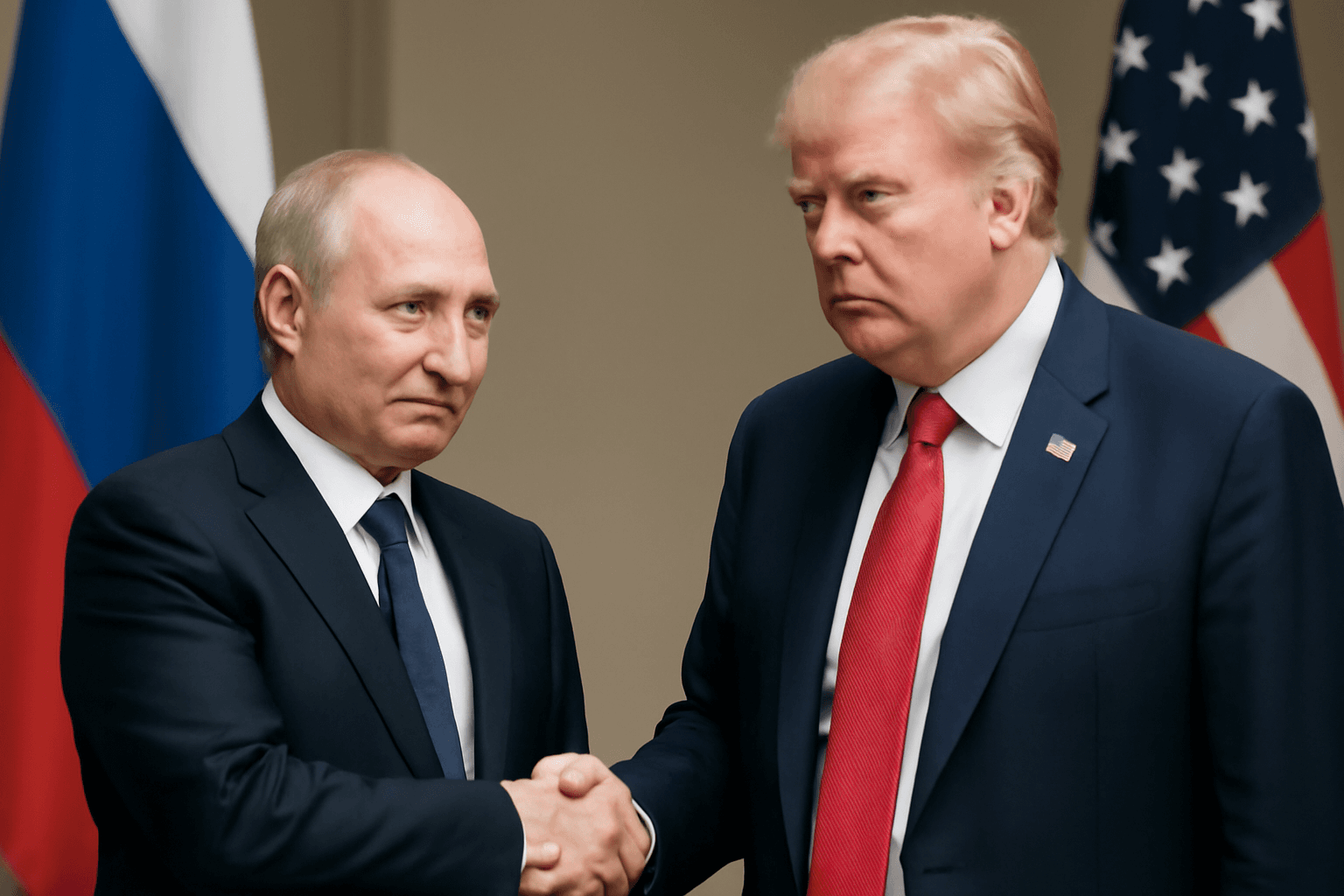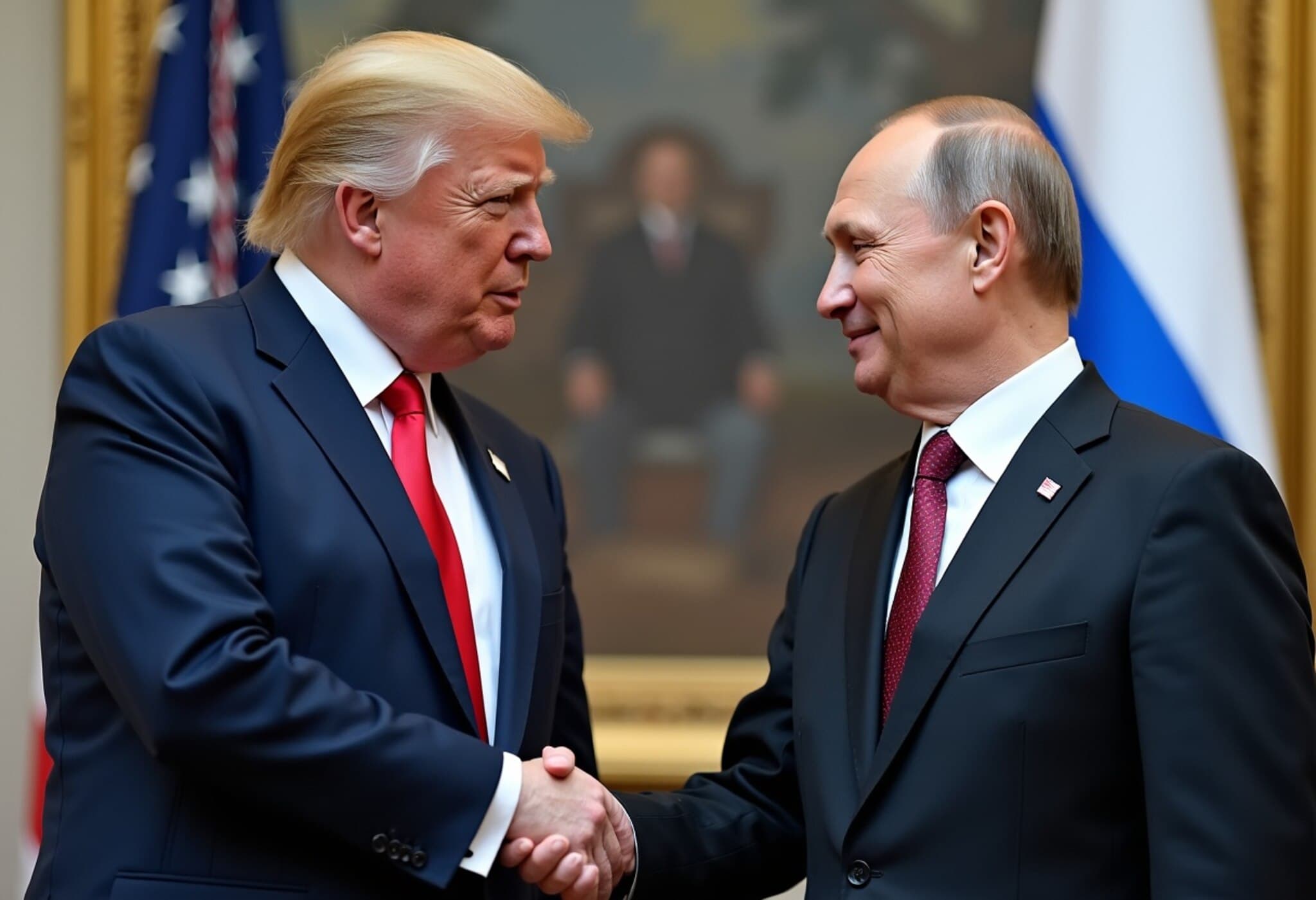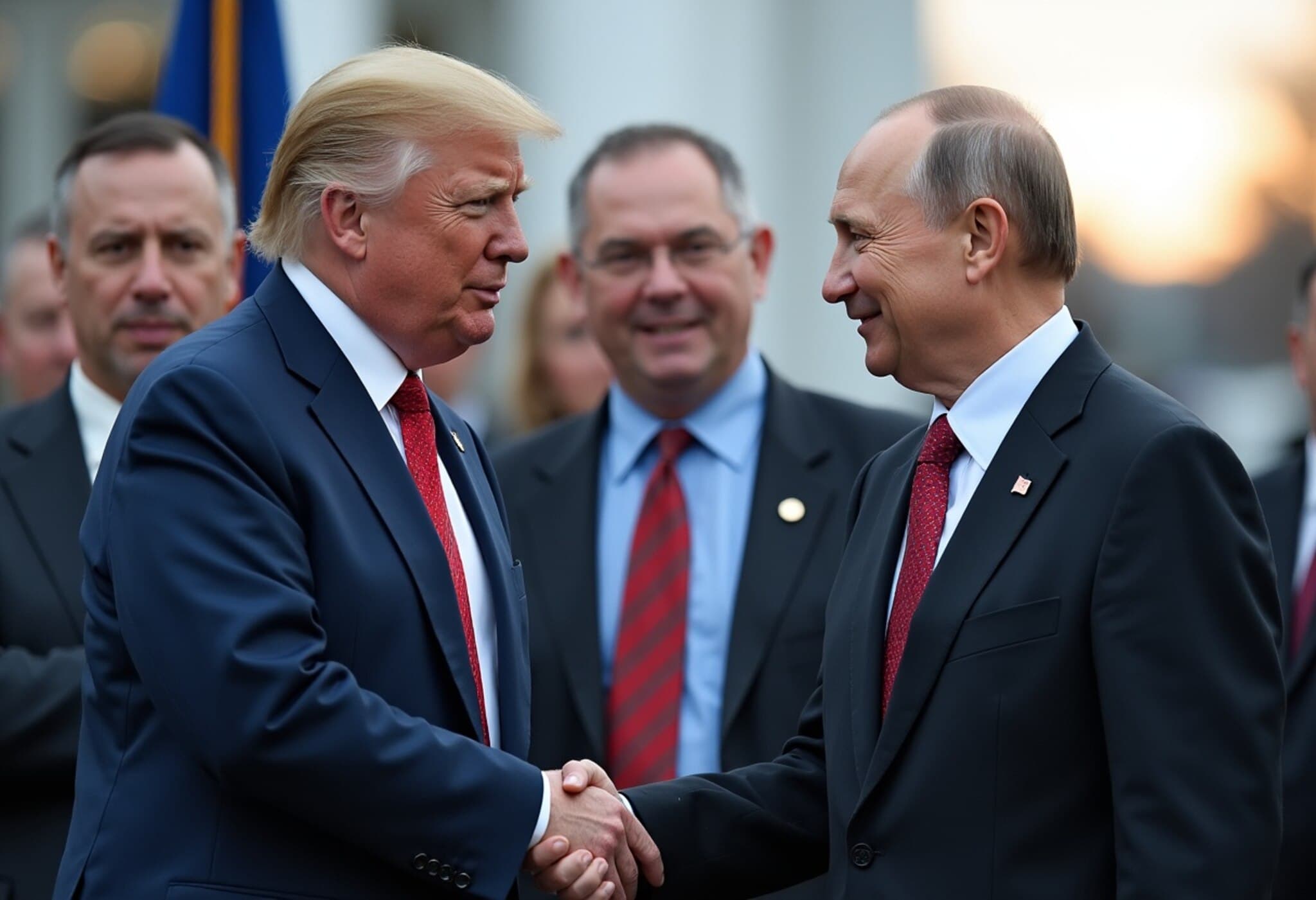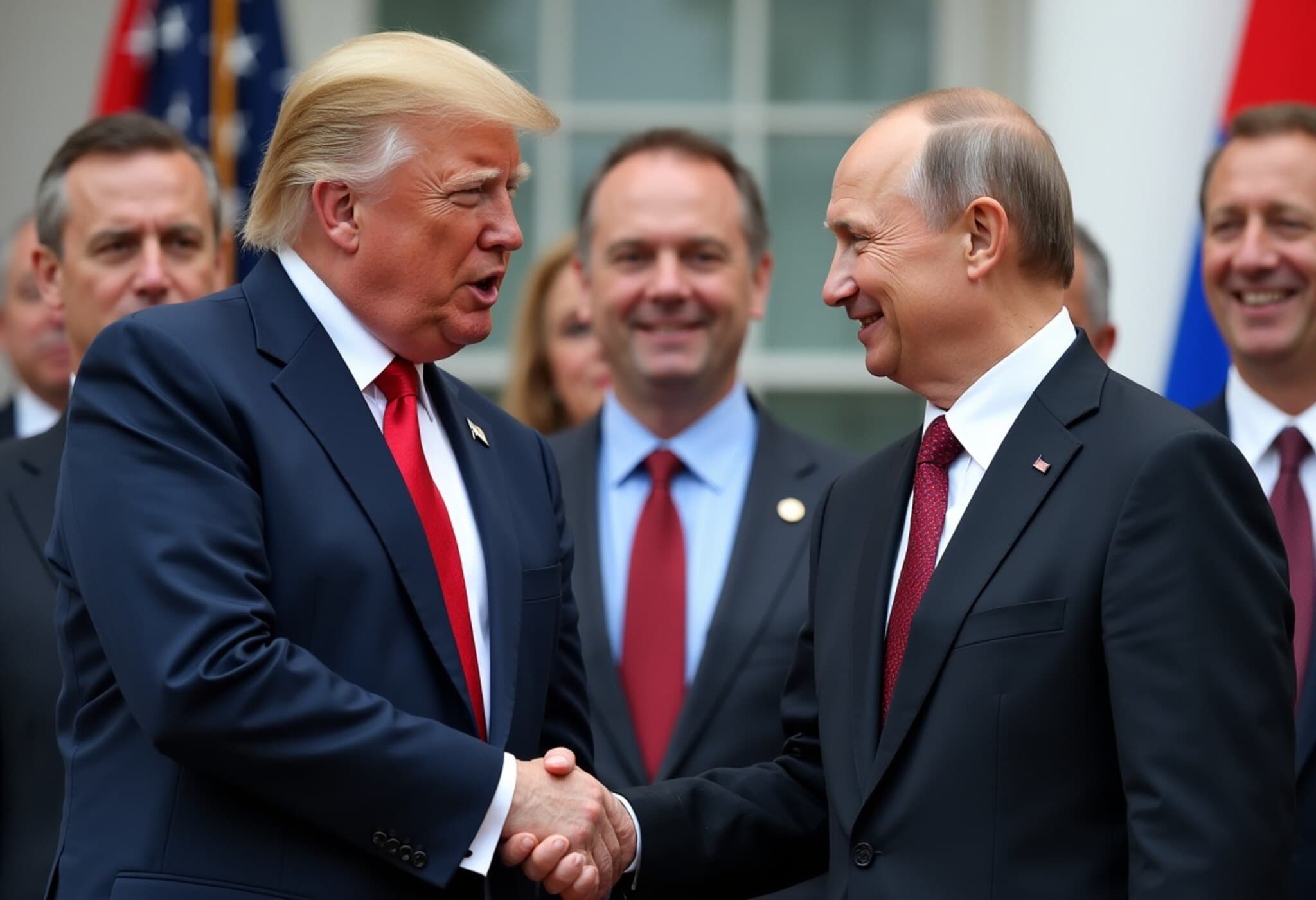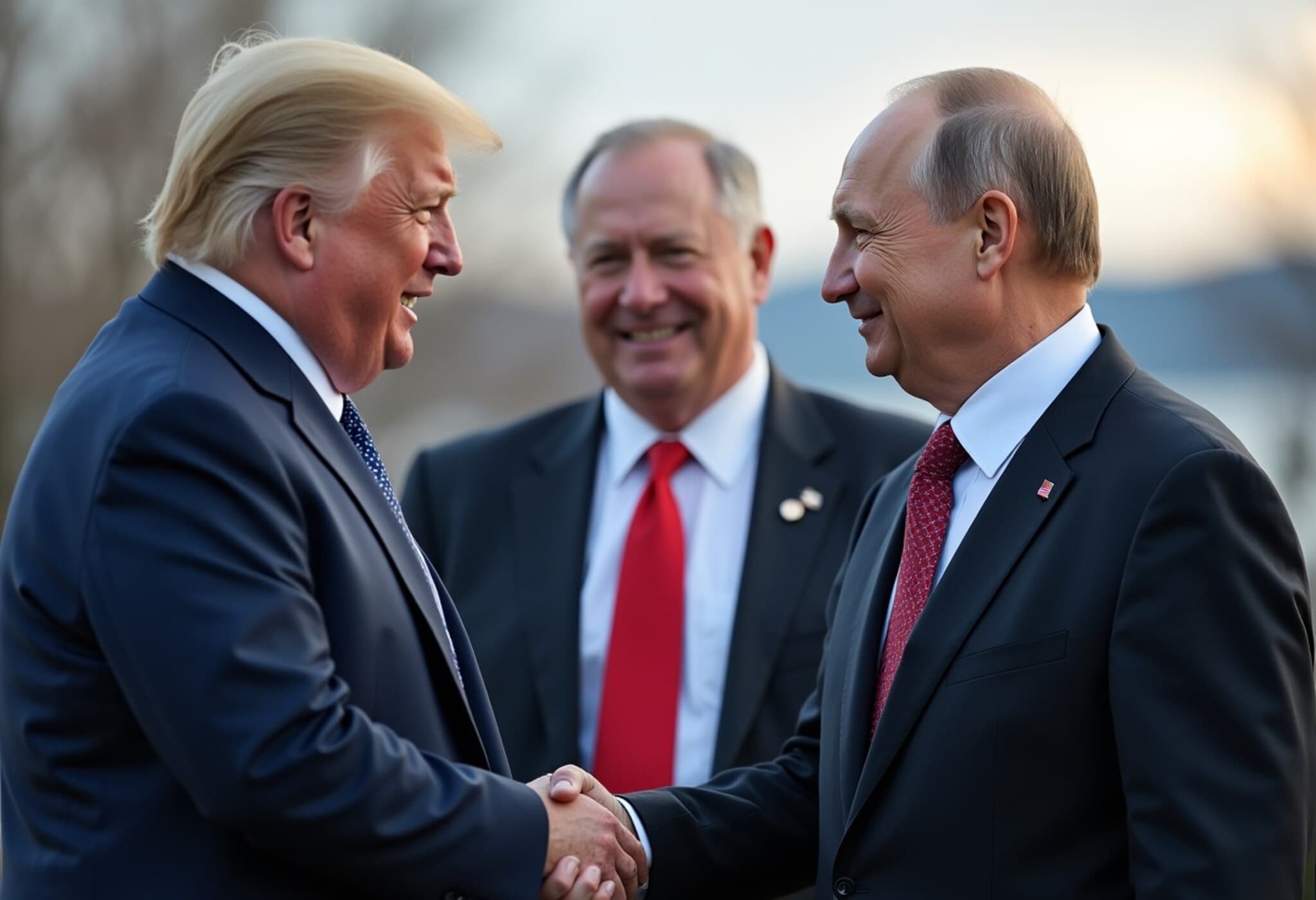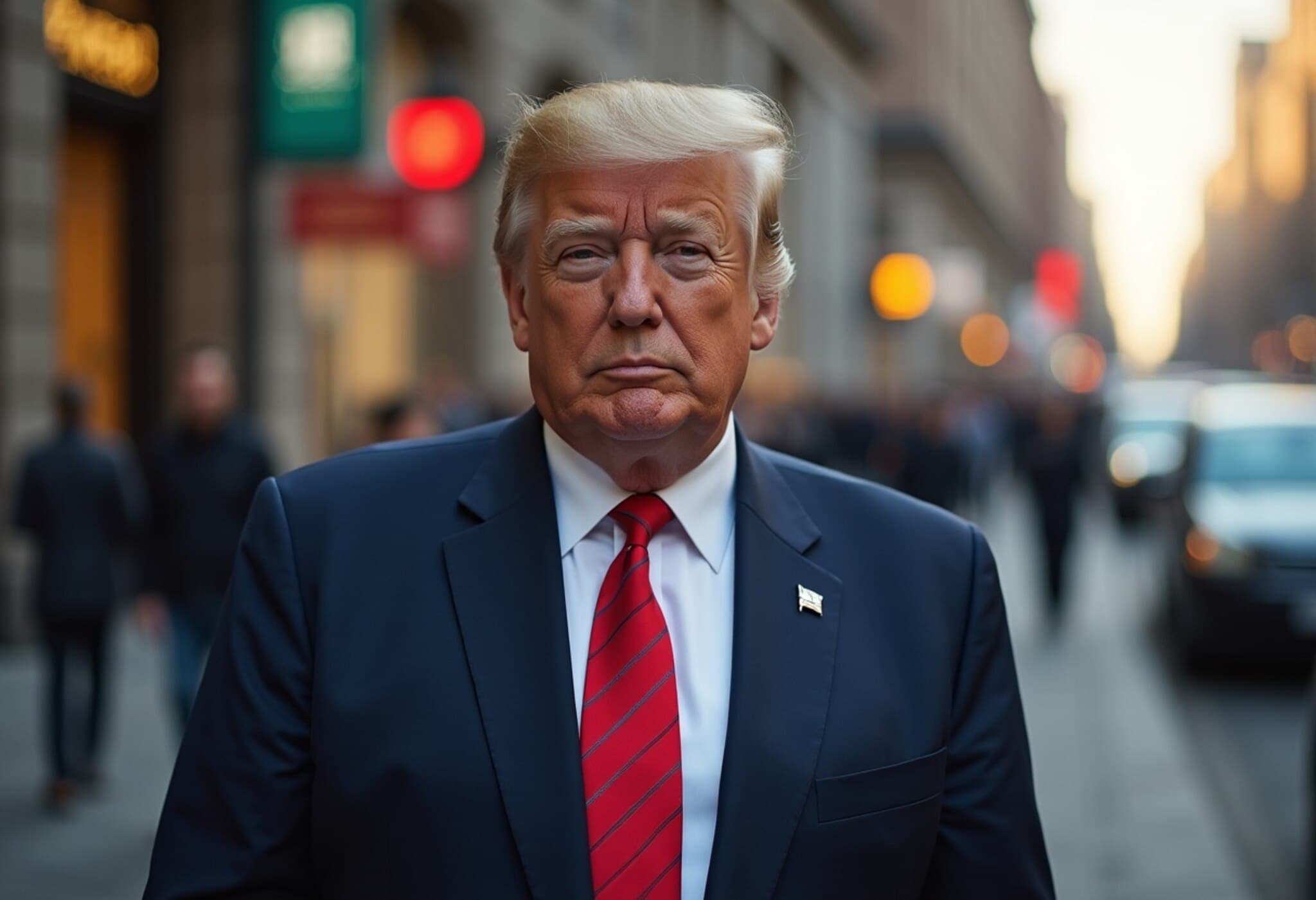Trump and Putin Set for Historic Alaska Summit Amid Ukraine Conflict
In a significant development likely to affect global geopolitics, US President Donald Trump and Russian President Vladimir Putin have confirmed plans to meet next week in Alaska. The summit marks the first high-level dialogue between the two leaders concerning the protracted war in Ukraine, now stretching over three and a half years.
Location and Context of the Meeting
Trump announced on his social media platform, TruthSocial, that the talks would take place next Friday in Alaska. The Kremlin swiftly acknowledged receiving the official invitation, with senior aide Yuri Ushakov commenting that Alaska was a "quite logical" venue given its geographic proximity to Russia across the Bering Strait. Ushakov also hinted at a potential follow-up visit by Trump to Russia, threading a cautious diplomatic outreach.
Key Topics: Ukraine War and Territorial Discussions
At the heart of these negotiations lies the contentious issue of Ukraine's territorial sovereignty. Trump bluntly referenced the possibility of “swapping of territories” between Ukraine and Russia—a phrase that has already stirred intense debates and alarm in Western capitals and Kyiv alike. Recent journalistic investigations, including Bloomberg, reveal that the peace proposal under consideration might involve Russia consolidating control over regions like Kherson and Zaporizhzhia, territories currently contested on the ground.
President Putin has previously claimed annexation of four Ukrainian regions in total, although Ukraine retains partial control over significant parts of those areas. The potential deal reportedly involves Russia freezing its military offensive in exchange for formalizing these territorial gains.
International Response and Ukraine’s Position
The prospect of a territorial swap and conflict freeze is unverifiable without Ukraine's consent—a factor complicated by Trump's openness to holding talks with Putin without Ukrainian President Volodymyr Zelenskyy’s presence. Such exclusion raises ethical and strategic questions about the legitimacy of any agreement formulated without direct Ukrainian involvement.
Poland’s Prime Minister Donald Tusk commented on the possibility of a conflict “freeze,” citing recent conversations with Zelenskyy, who is described as cautious but optimistic about peace prospects. This cautious optimism reflects broader concerns about what a ceasefire or peace agreement might entail for Ukraine’s territorial integrity and sovereignty.
Historical and Geopolitical Implications
- First US-Russia summit since 2021: Last high-level talks between the two came when then-president Joe Biden met Putin in Geneva.
- Potential shift in US foreign policy: Trump's willingness to negotiate directly with Putin, perhaps sidelining Ukraine, signals a controversial pivot that will be scrutinized domestically and internationally.
- Territorial swaps as precedent: Any agreement recognizing Russia's annexations could undermine international principles upheld by NATO and the UN on sovereignty.
Expert Insight: Balancing Diplomacy with Justice
From a policy analysis standpoint, this upcoming meeting underscores the complex balance between achieving peace and safeguarding national sovereignty. While diplomatic engagement with Russia could halt bloodshed, it risks legitimizing actions widely condemned in the international community. The concern among American lawmakers and human rights advocates is that peace at the cost of territorial concessions might set a precarious precedent, emboldening further geopolitical aggression.
Certainly, dialogue remains essential, but the US and its allies will face a critical challenge: ensuring that any negotiations uphold Ukraine’s right to self-determination and territorial integrity.
What’s Next?
The world watches with bated breath as Trump and Putin prepare to convene. The outcomes of these talks could reshape Eastern European security and have ripple effects on global alliances and international law. Moving forward, key questions remain:
- Will Ukraine be included meaningfully in the negotiation process?
- Can a ceasefire sustain peace without compromising justice?
- How will the US reconcile its approach with NATO and European partners?
These questions are vital as policymakers and citizens alike evaluate the prospects for peace in a conflict that has deeply scarred millions.
Editor’s Note
This Alaska summit represents a rare opportunity for diplomatic breakthroughs, yet also poses profound challenges about peace-making in the context of ongoing conflict. The delicate interplay between strategic negotiation and ethical responsibility will define the path ahead. Readers should critically assess emerging developments, question narratives that sideline affected voices, and consider how peace can be achieved without sacrificing principles of sovereignty and justice.
Stay tuned as we follow this evolving story and bring you expert analyses and ground-level perspectives.

